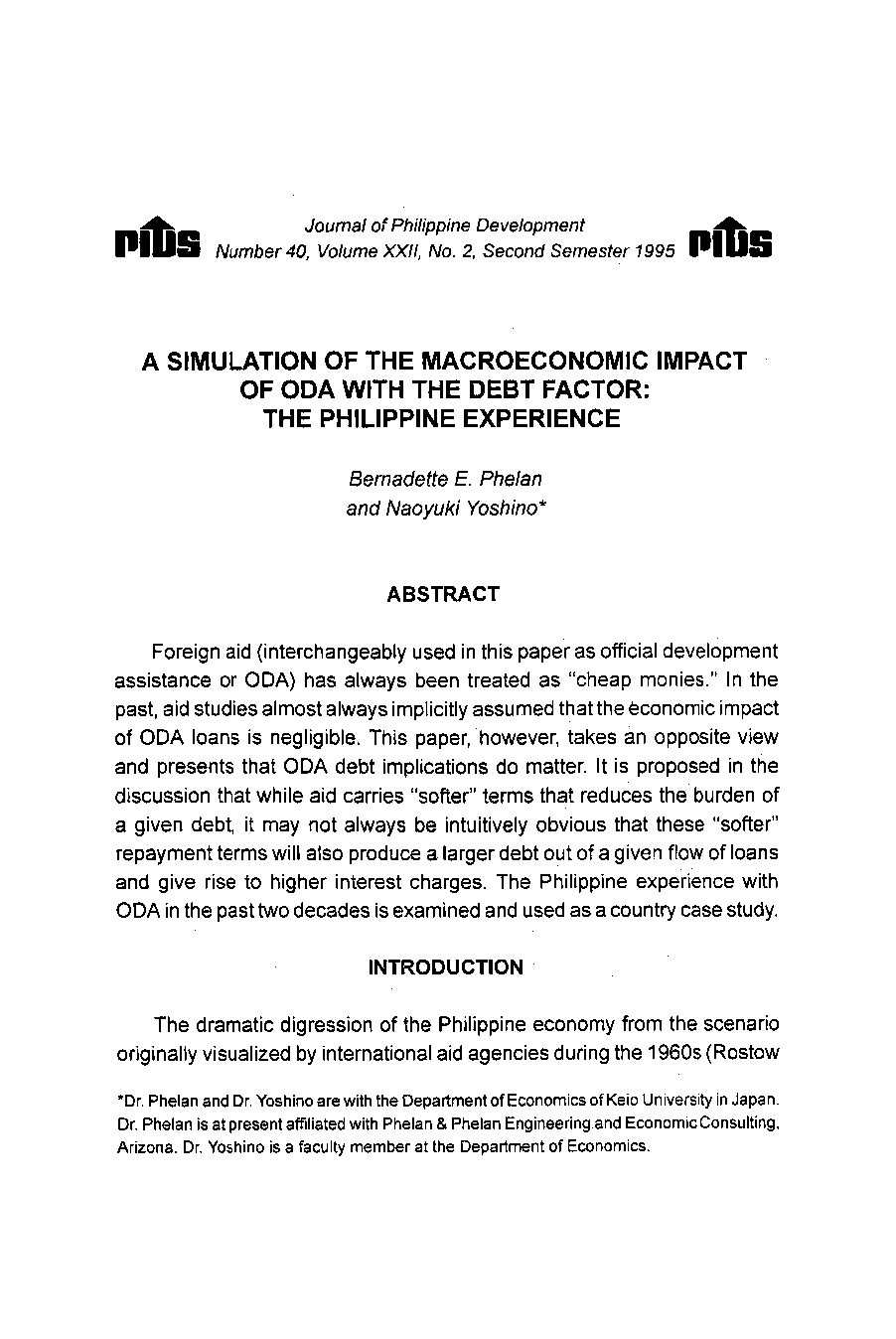Abstract
This issue delves into critical aspects of economic cooperation, trade liberalization, and policy coordination within the Asia-Pacific Economic Cooperation (APEC) framework. One study expands on the Osaka Action Agenda, defining APEC’s commitment to development cooperation and proposing clear objectives and guiding principles for a balanced implementation strategy. Another paper examines the impact of globalization and trade liberalization on labor flows within the APEC region, analyzing the implications for international labor movements. The growing integration of global financial markets and its associated risks are also explored, with a focus on Philippine macroeconomic policy coordination and strategies to mitigate external vulnerabilities. An analysis of the United States’ role in APEC highlights its strategic interest in strengthening trade and investment ties while navigating challenges in sustaining regional cooperation. One paper offers a framework for understanding the cultural aspects of trade conflicts, particularly those involving China. An analysis of APEC trade liberalization underscores the necessity of extensive negotiations and research to establish effective strategies for reducing trade barriers.
Articles
SHARE
